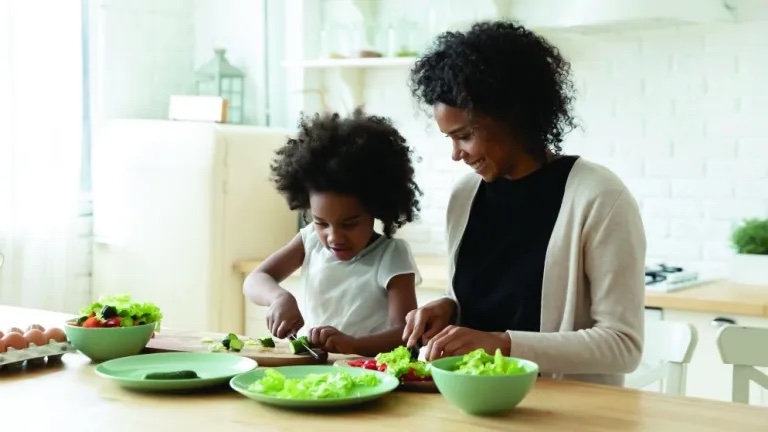Mild constipation in children is fairly common, but gastroenterologists at Johns Hopkins Children’s Center say constipation-related visits have soared. They attribute the problem to three things: lack of physical activity, inadequate water intake and fiber-poor diets.
“The reality is that too many children are either not treated at all, start treatment too late or are treated inadequately, leading to persistent, severe and chronic constipation,” says Maria Oliva-Hemker, MD, the center’s director of pediatric gastroenterology & nutrition.
“Severe constipation needs to be treated early and aggressively,” she says. “And no amount of fiber or prune juice will help a child with serious chronic constipation.” Kids won’t outgrow it and it probably won’t go away on its own, she says.
What causes it?
Toilet training and the start of a new school year can trigger episodes. School-age children may not want to use the school bathrooms or may not be allowed to use them except during lunch or school recess. Other contributors can include travel, camping, viral illness and dietary changes.
Constipation usually begins when a child starts to hold back bowel movements. Stool builds up in the colon, stretching it beyond its normal shape and size. The longer the stool stays in the colon, the harder and larger it gets, making bowel movements painful.
How To Recognize It
Signs that should prompt a doctor visit include:
- Abdominal bloating and a feeling of fullness
- Straining with bowel movements
- Lumpy or hard stools and/or small pellet-like stools
- A sensation of incomplete emptying of the bowel
- Refusal to go to the toilet, underwear soiling or bed-wetting.
- Inform your pediatrician if your child has problems for 2 to 3 weeks.
How To Prevent It
To help prevent constipation in the first place, ensure that your child:
- Drinks plenty of water
- Is physically active, as exercise has been shown to improve colon-muscle movement
- Eats a diet rich in fiber, including fruits and vegetables, and avoids processed foods and foods high in fat and sugar
- Knows and understands to never “hold” or ignore the urge to move his bowel.
Treatment
The first line of treatment for chronic constipation is usually over-the-counter products such as polyethylene glycol-electrolytes, sold in powder form. They increase the amount of water in the colon to promote bowel movement.
These products are not laxatives and are not habit forming, gastroenterologists say, but need to be taken regularly, and the dose needs to be monitored and adjusted as needed.
Kathy Sena is a freelance writer specializing in children’s health issues.





